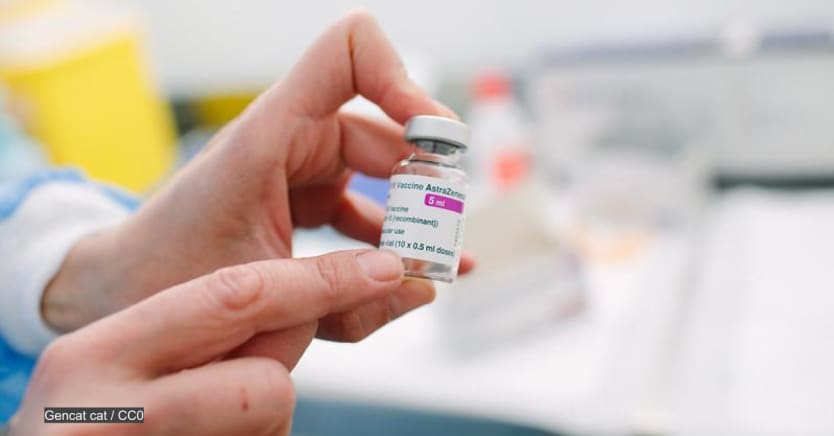
The Philippines’ Health Department has temporarily suspended the use of the coronavirus vaccine developed by AstraZeneca and the University of Oxford, as recommended by the country’s Food and Drug Administration.
The decision follows findings released Wednesday by the European Medicines Agency, which concluded that cases of unusual blood clots reported in Europe are possibly “very rare side effects” of the vaccine. The agency has not been able to determine the specific risk factors associated with blood clots based on available evidence, but most of the reported cases were among women under 60 years of age with low levels of blood platelets within two weeks of receiving the vaccine.
“While we have not seen such incidents in the country, the FDA has recommended to temporarily suspend the use of the vaccine for persons below 60 years old as we await results of the review being done by our local experts, as well as the official guidance of the WHO [World Health Organization],” said Eric Domingo, director general at the FDA, in a news release.
The suspension has been taken as a precautionary measure and is not meant to indicate that the vaccine is unsafe or ineffective, Domingo said. The Health Department continues to urge “senior citizens and persons with comorbidities to receive the available vaccines.”
There is already some skepticism around the safety of the Oxford-AstraZeneca vaccine due to reports of adverse reactions in some recipients.
In addition, only two kinds of COVID-19 vaccines have been administered in the Philippines thus far: Oxford-AstraZeneca doses — procured via COVAX, the global vaccine initiative — and CoronaVac doses, manufactured by Chinese biotech company Sinovac.
Other countries have started to respond to EMA’s report as well, with the Australian government now recommending the preferential use of the Pfizer-BioNTech vaccine for people under 50 years old who have not received any doses of the Oxford-AstraZeneca vaccine.
In a statement Wednesday, WHO said: “Based on current information, a causal relationship between the vaccine and the occurrence of blood clots with low platelets is considered plausible but is not confirmed. Specialised studies are needed to fully understand the potential relationship between vaccination and possible risk factors.”
While instances of blood clots following vaccination are concerning, “the events under assessment are very rare,” according to WHO, noting the low number of reports among the almost 200 million individuals who have received the vaccine globally. WHO said rare adverse events after immunization should be assessed against the risk of dying from COVID-19, which currently has a death toll of nearly 3 million.
The FDA also announced Thursday that it has provided an unnamed hospital with a “compassionate special permit” to administer ivermectin for COVID-19. Ivermectin is an anti-parasitic drug used to treat animals.
Studies looking at the drug’s benefits in relation to COVID-19 are still ongoing, and WHO said last week it should only be used within clinical trials. But some members of the public have been pushing for ivermectin’s uptake, including as prophylaxis, with some politicians announcing plans to distribute the drug for free.



